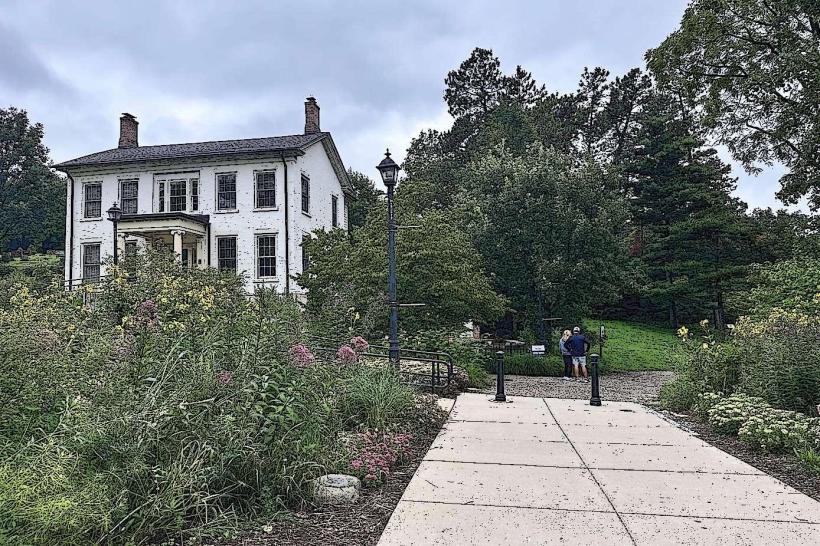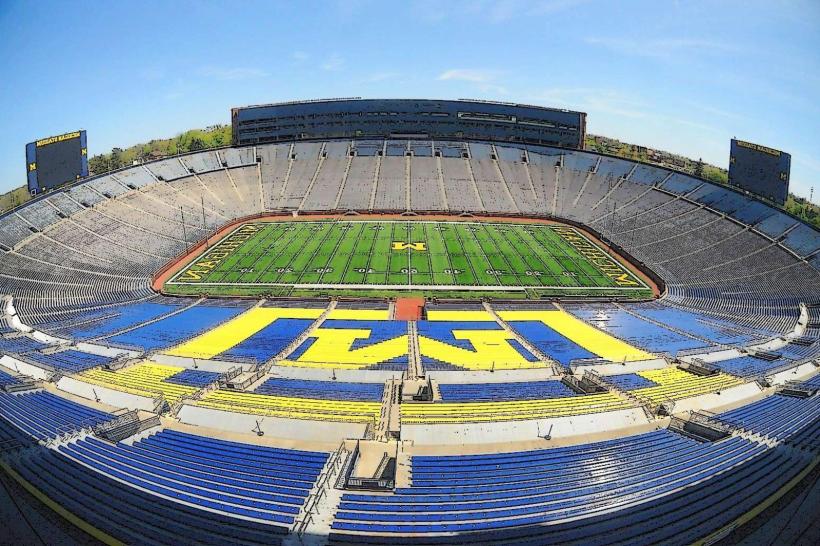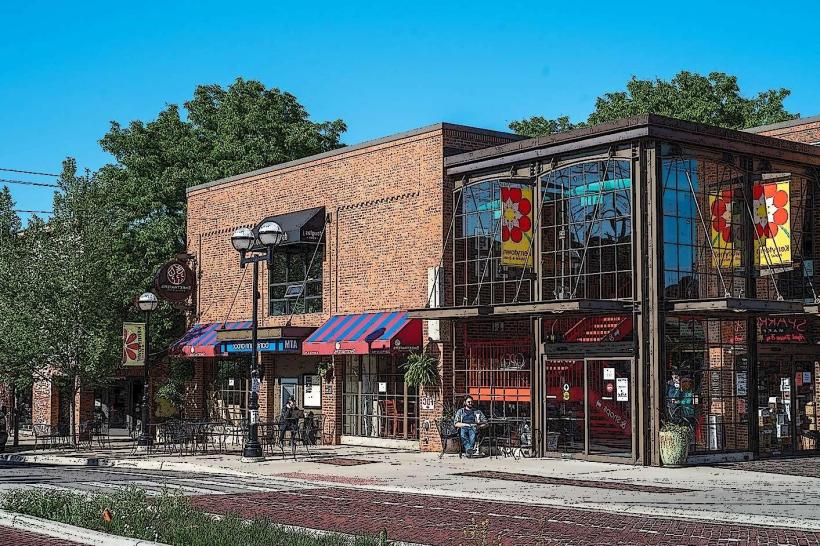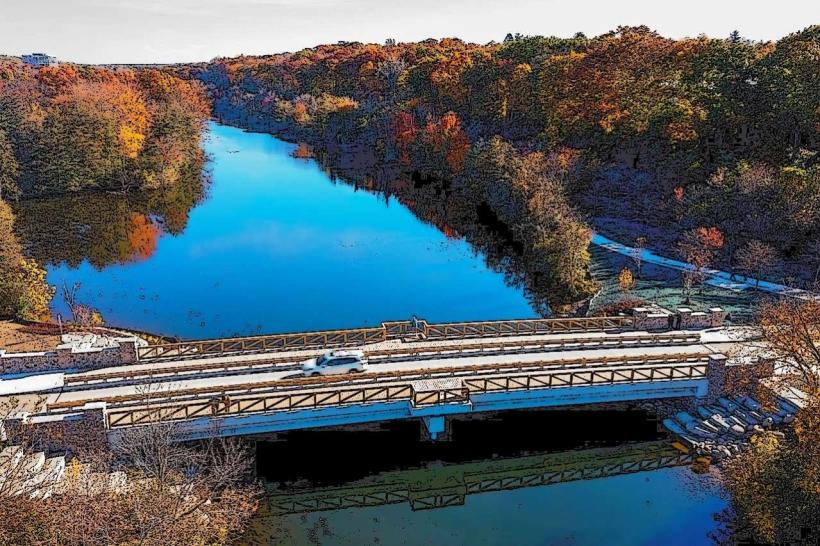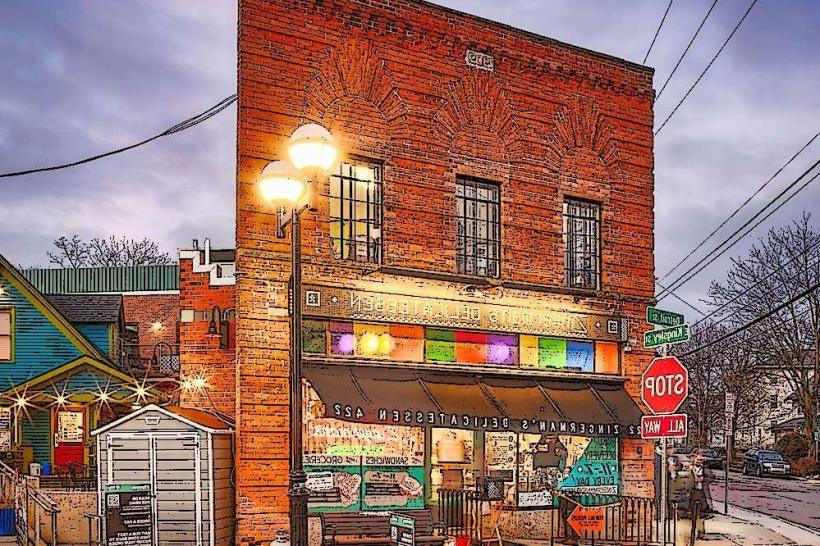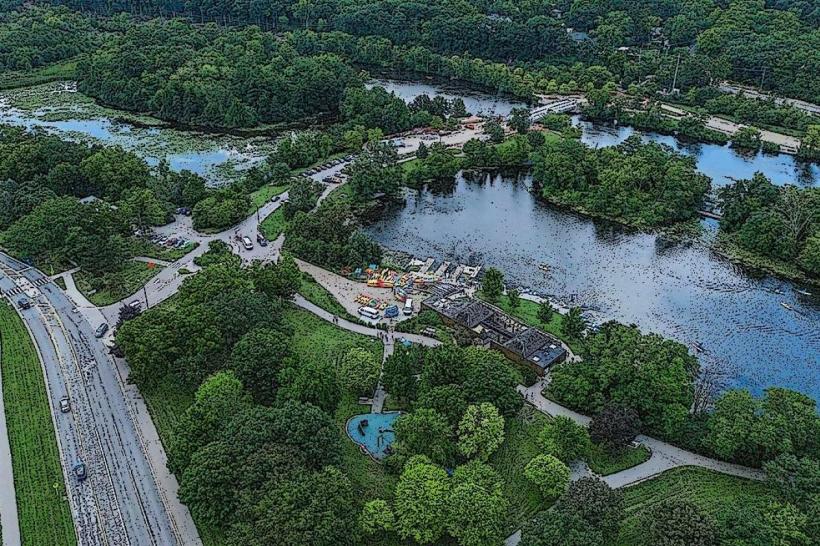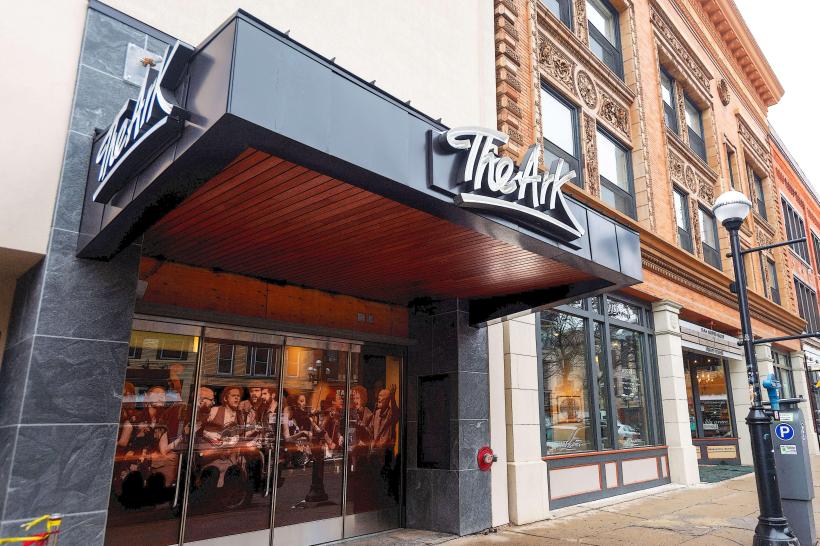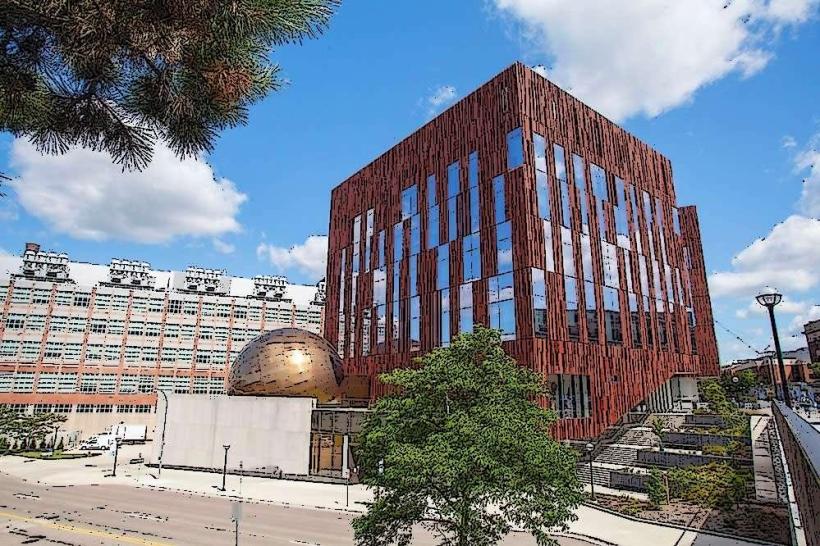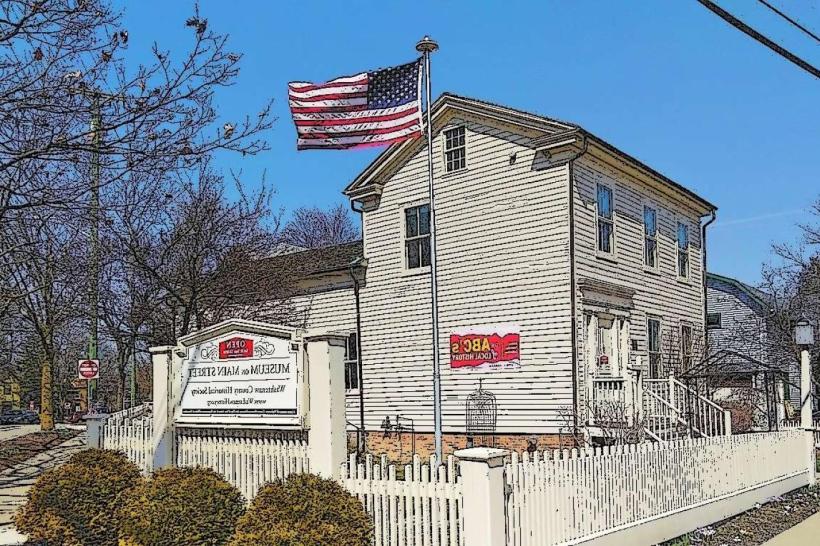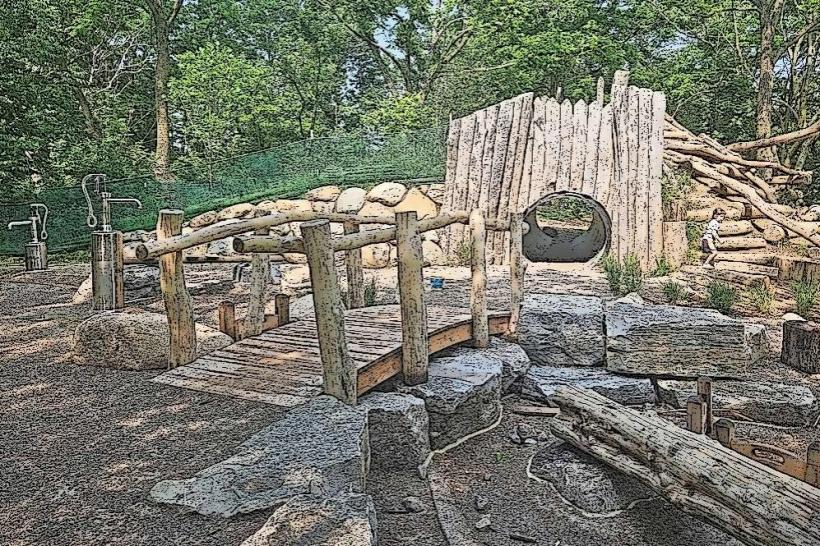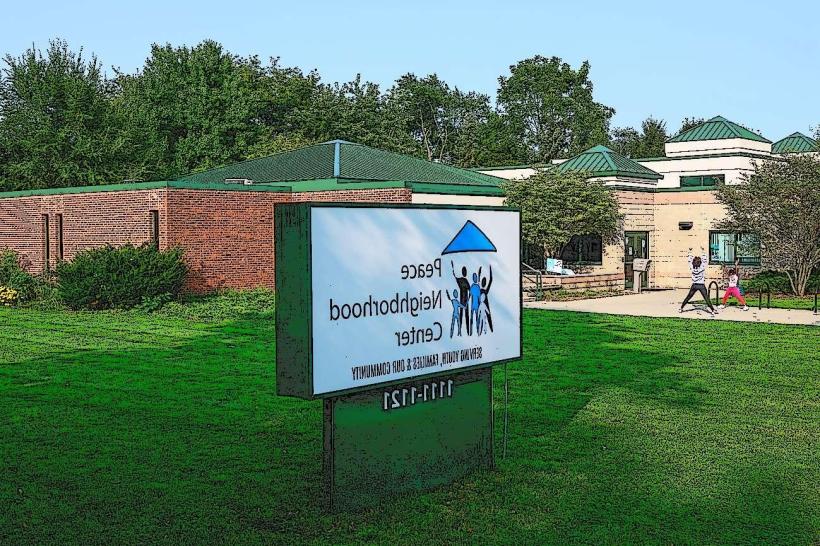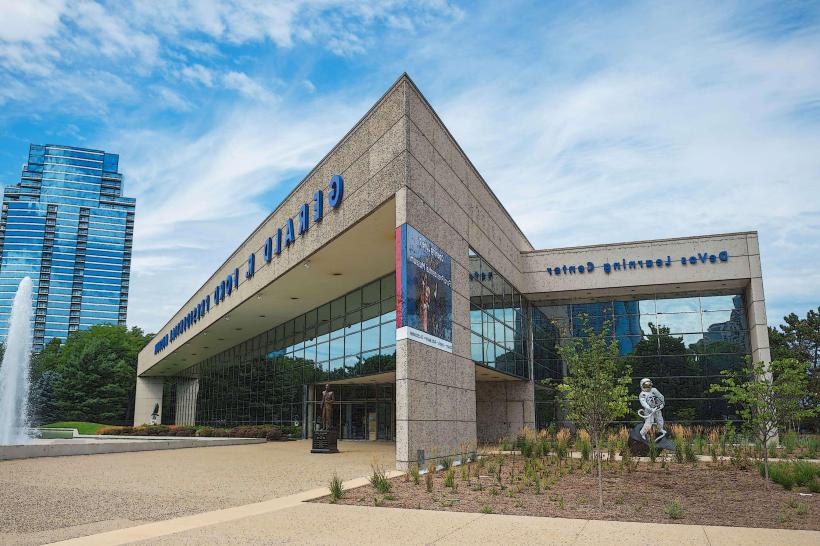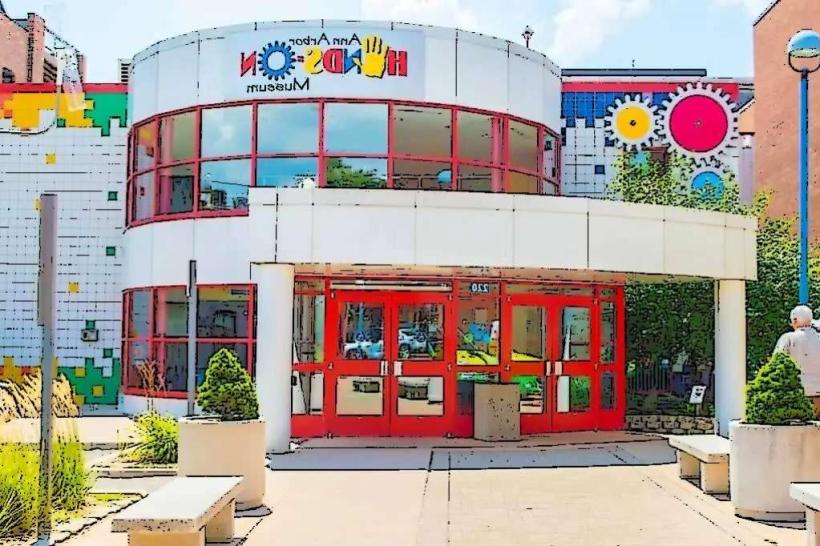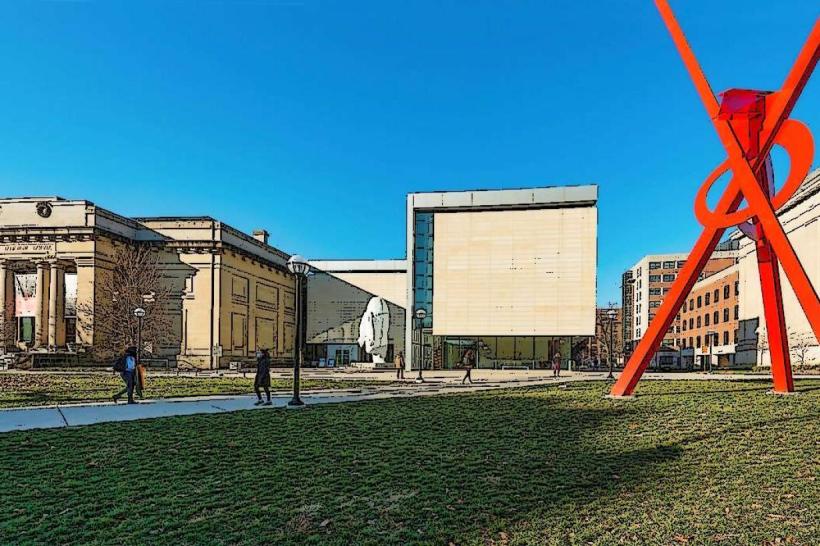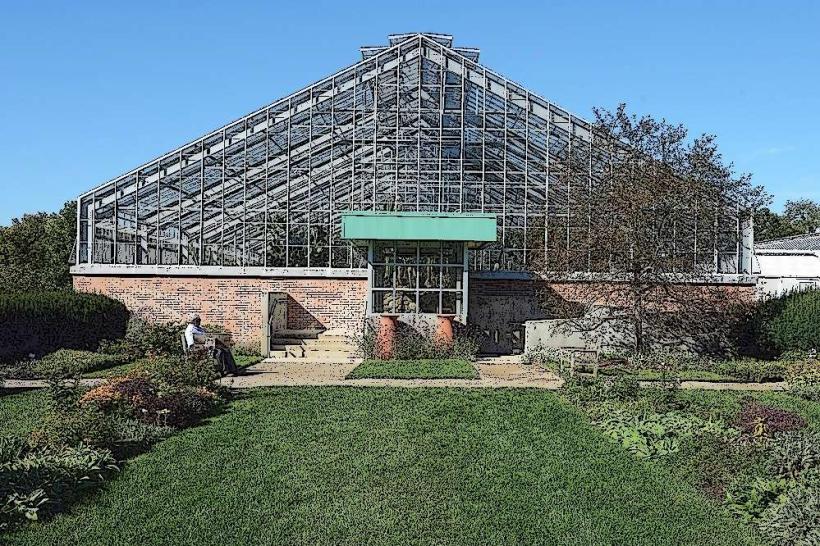Information
Landmark: Michigan TheaterCity: Ann Arbor
Country: USA Michigan
Continent: North America
Michigan Theater, Ann Arbor, USA Michigan, North America
The Michigan Theater in Ann Arbor, Michigan, is a historic and architecturally stunning cultural landmark that has served the community since its grand opening in 1928. Located at 603 East Liberty Street in downtown Ann Arbor, the theater stands as a testament to early 20th-century American movie palace design and remains one of the city’s premier venues for film, music, and performing arts.
Historical Background and Architecture
Designed by architect Maurice Herman Finkel, the Michigan Theater was originally built to host both vaudeville performances and silent films during the golden age of cinema. The architectural style is predominantly Lombard Romanesque, a design known for its rounded arches, robust masonry, and intricate terra cotta detailing. The theater’s façade features cream-colored terra cotta ornamentation, columns, and arches, creating an imposing yet elegant street presence.
Inside, the theater’s interior was crafted to evoke luxury and grandeur. The lobby boasts a barrel-vaulted ceiling, ornate plasterwork, Romanesque columns, rich wood paneling, and wrought iron railings. Originally, it was outfitted with lavish decorative touches meant to transport patrons into an immersive theatrical environment. Although mid-century renovations simplified some of these embellishments, the theater has retained much of its original charm, especially after restoration efforts.
One of the theater’s most prized historical features is the Barton Pipe Organ, installed in 1927, which remains in its original location and is one of the few functioning theater organs left in the United States. This organ is still regularly played before select film screenings and special events, offering audiences a rare connection to the silent film era when live organ accompaniment was the norm.
Cultural Significance and Preservation
The Michigan Theater has played an important role in Ann Arbor’s cultural life for nearly a century. It has hosted numerous legendary entertainers, including vaudeville stars and early film icons such as Jack Benny, Bing Crosby, Paul Robeson, and Ethel Barrymore. It was a central venue for community entertainment and was key in bringing film culture to the city.
By the 1950s, changes in entertainment and architecture led to renovations that diminished some of the theater’s original decorative elements. However, in the late 1970s and 1980s, community-driven restoration projects revived interest in preserving this historic gem. The Michigan Theater Foundation was formed, spearheading efforts to maintain the building, restore the pipe organ, and modernize its facilities without compromising its historical integrity.
In 1999, the theater expanded to include the Screening Room, a smaller, technologically advanced auditorium with digital projection and enhanced sound. This expansion allowed the theater to diversify its programming and attract a wider audience.
Programming and Events
Today, the Michigan Theater operates as a vibrant nonprofit performing arts center and is a hub for a wide variety of cultural events:
Film Screenings: The theater regularly showcases independent films, classic cinema, foreign films, documentaries, and cult favorites. It is known for hosting the prestigious Ann Arbor Film Festival, one of the oldest experimental film festivals in North America.
Live Performances: The theater hosts concerts, comedy shows, symphony orchestra performances, theater productions, and lectures. It is a preferred venue for both local and touring artists, offering an intimate yet grand setting.
Special Events: Regular events include organ concerts featuring the historic Barton organ, film series, holiday specials, and community gatherings. The theater also screens live broadcasts of Broadway shows and other cultural events, providing a diverse entertainment calendar.
Educational Programs: The Michigan Theater Foundation runs educational initiatives that bring film and arts education to local schools and community groups, promoting appreciation for cinema and performing arts.
Facilities and Visitor Experience
The main auditorium of the Michigan Theater seats approximately 1,610 people, featuring comfortable seating and excellent sightlines. The newer Screening Room adds about 200 seats and is equipped with state-of-the-art digital projection and surround sound, enhancing the viewing experience for modern films and multimedia presentations.
The theater provides full accessibility for guests with disabilities, including wheelchair seating and assistive listening devices. It also offers concessions with a selection of snacks and beverages, contributing to a full-service entertainment experience.
Being centrally located in downtown Ann Arbor, the Michigan Theater is easily accessible by foot, public transit, or car, with nearby parking options. Its proximity to restaurants, cafés, and shops makes it ideal for visitors planning an evening out.
Community Impact and Legacy
The Michigan Theater is more than just a venue; it is a cultural institution deeply woven into the fabric of Ann Arbor. Its preservation and continued operation have galvanized community pride and investment in the arts. By maintaining its historical significance while embracing modern programming, the theater bridges past and present, offering a unique space where history, art, and community converge.
Its continued success ensures that generations to come can experience the magic of classic movie palaces alongside contemporary artistic expression, making the Michigan Theater a cornerstone of Ann Arbor’s cultural identity.

